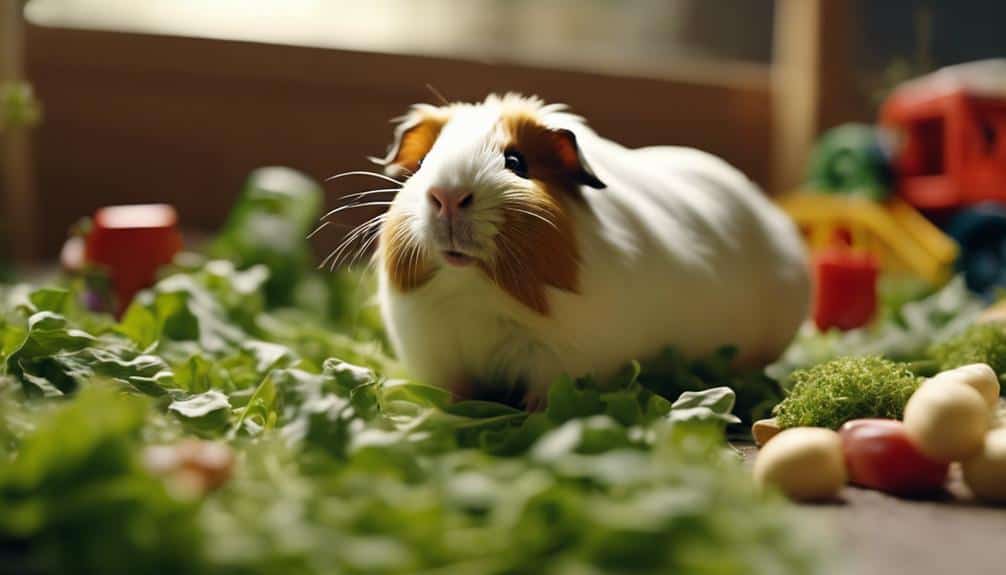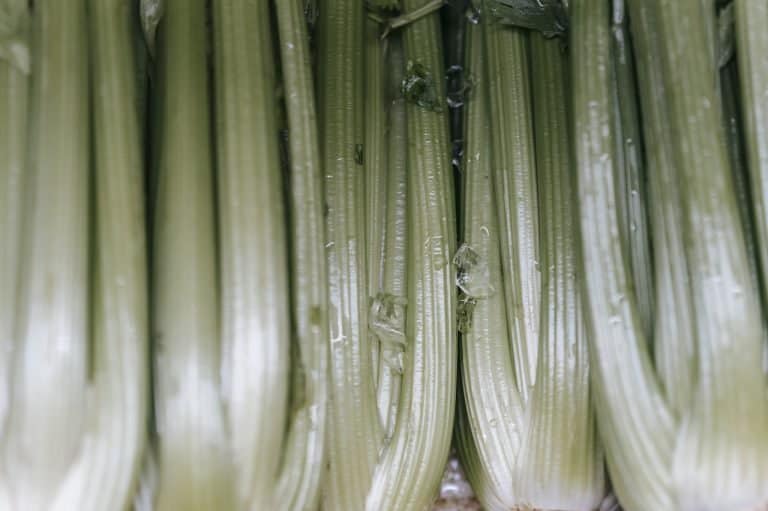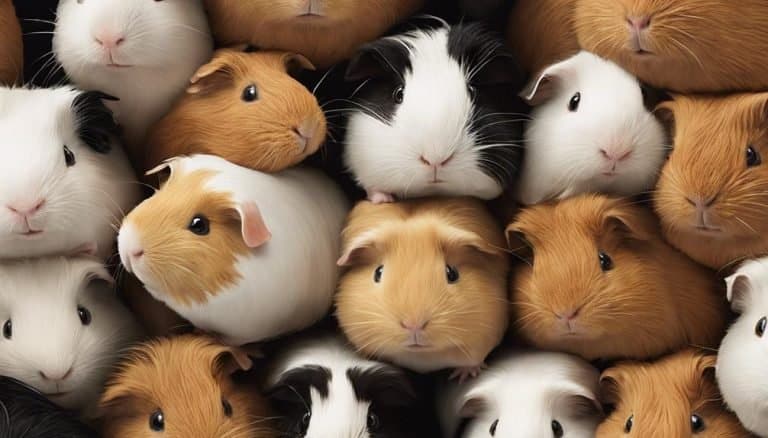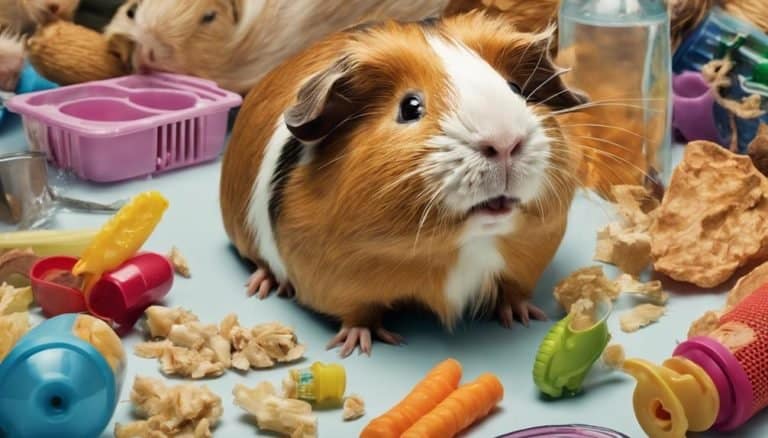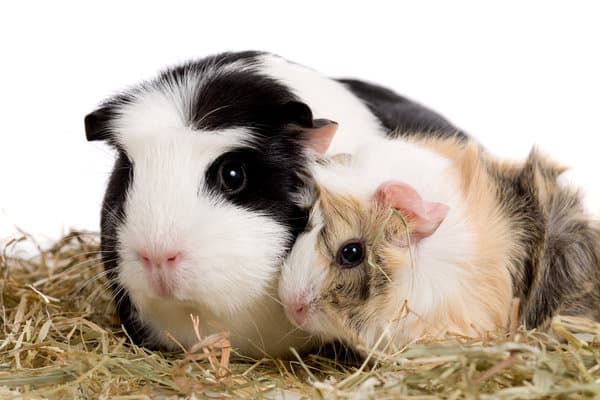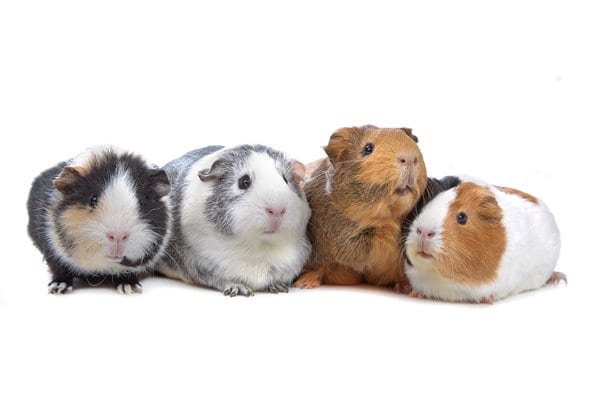How to Help Your Guinea Pigs Get Big and Healthy
When it comes to helping your guinea pigs achieve essential health, did you know that their weight plays a vital role in their well-being? Ensuring they maintain a healthy weight is just the beginning of a complete care routine for these small pets.
From the right nutrition to providing engaging environments, there are various factors to take into account. Let’s explore the essential aspects that contribute to the growth and overall health of your guinea pigs.
Importance of Proper Nutrition
Ensuring proper nutrition is essential for guinea pigs to thrive and maintain their health and well-being. A balanced diet is critical for these little companions as they can’t produce their own vitamin C. Leafy greens like kale, parsley, or bell peppers are excellent sources of this essential nutrient. Without enough vitamin C, guinea pigs can develop scurvy, leading to weakness, joint pain, and even tooth loss. It’s important to monitor their diet to prevent such deficiencies.
When caring for a guinea pig, pay close attention to their weight. An underweight guinea pig may indicate a lack of proper nutrition. Ensuring they’ve a varied diet including hay, fresh vegetables, and vitamin C-rich foods is key to maintaining a healthy weight. By offering a diverse selection of foods that cater to their nutritional needs, we can help our guinea pigs stay robust and full of life.
Suitable Cage Setup
For the well-being of your guinea pigs, it is essential to provide a spacious cage that offers at least 7.5 square feet of space for one or two companions. A suitable cage setup not only guarantees their physical health but also contributes to their mental well-being. Along with ample space, consider adding hiding spots, tunnels, and elevated platforms for enrichment and exercise. Proper bedding material like fleece, paper-based bedding, or aspen shavings should be used for comfort. Ventilation and natural light exposure are critical for their overall health. Regular cleaning and sanitization of the cage are necessary to maintain a healthy environment for your guinea pigs.
| Daily Food | Healthy Guinea | Essential Vitamin |
|---|---|---|
| Fresh veggies | Regular vet checks | Vitamin C supplements |
| High-quality hay | Exercise opportunities | Natural sunlight |
Make sure your guinea pigs have unlimited access to fresh water, hay, and vegetables to support their daily nutritional needs. Providing essential vitamins and minerals will help in keeping your furry friends healthy and happy.
Adequate Exercise and Playtime
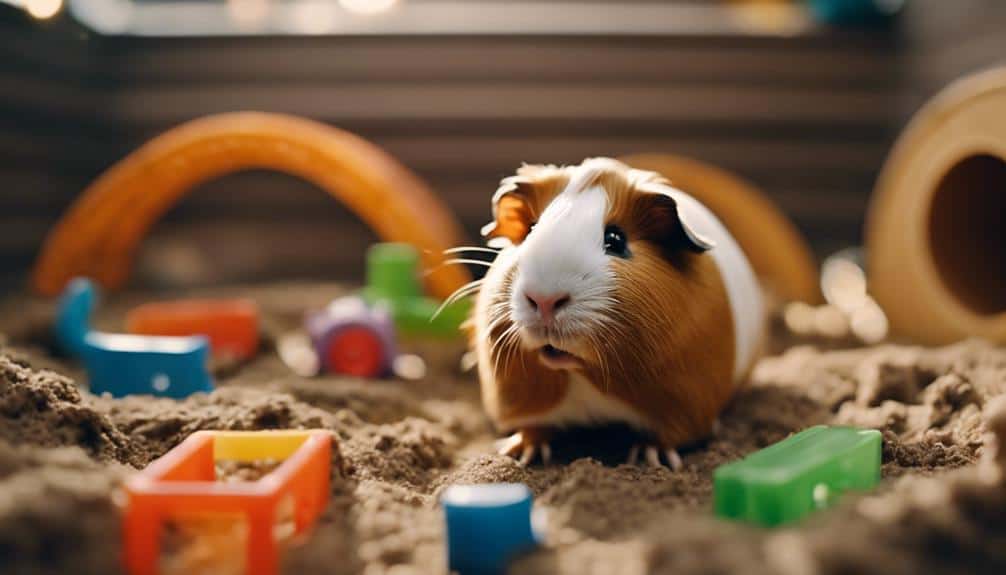
To maintain the health and happiness of your guinea pigs, it’s essential to provide them with adequate exercise and playtime in a safe and stimulating environment. Guinea pigs, especially young ones, need plenty of space to move around and engage in natural behaviors like running and exploring. Encourage this by offering tunnels, hideaways, and toys that provide both mental stimulation and physical activity. Rotate their toys and rearrange the cage layout regularly to keep things interesting and prevent boredom.
Additionally, consider using treat balls or foraging toys to make playtime more engaging while rewarding them with treats and ensuring they get their required vitamin C intake. When supervising playtime outside the cage, always prioritize safety to prevent accidents or escapes. Remember to provide a balanced diet of pellets each day along with a generous amount of orchard grass to support their overall health and well-being.
Mental Stimulation for Guinea Pigs
Guinea pigs thrive when provided with a variety of stimulating toys and activities to keep them mentally engaged and physically active. Here are some tips to confirm your furry friends stay mentally stimulated and healthy:
- Rotate Toys: Keep things interesting for your guinea pig by regularly switching up their toys and tunnels. This prevents boredom and encourages curiosity.
- Provide Variety: Offer cardboard tubes, hay-filled boxes, and chew toys to keep your guinea pigs entertained. These items also promote dental health.
- Use Puzzle Feeders: Incorporate puzzle feeders or foraging balls to encourage natural behaviors and mental engagement. This helps stimulate their minds while providing a fun challenge.
- Create a Stimulating Environment: Set up hiding spots, tunnels, and platforms to keep your guinea pigs active and engaged. This enriches their living space and encourages physical exercise.
Monitoring and Maintaining Health
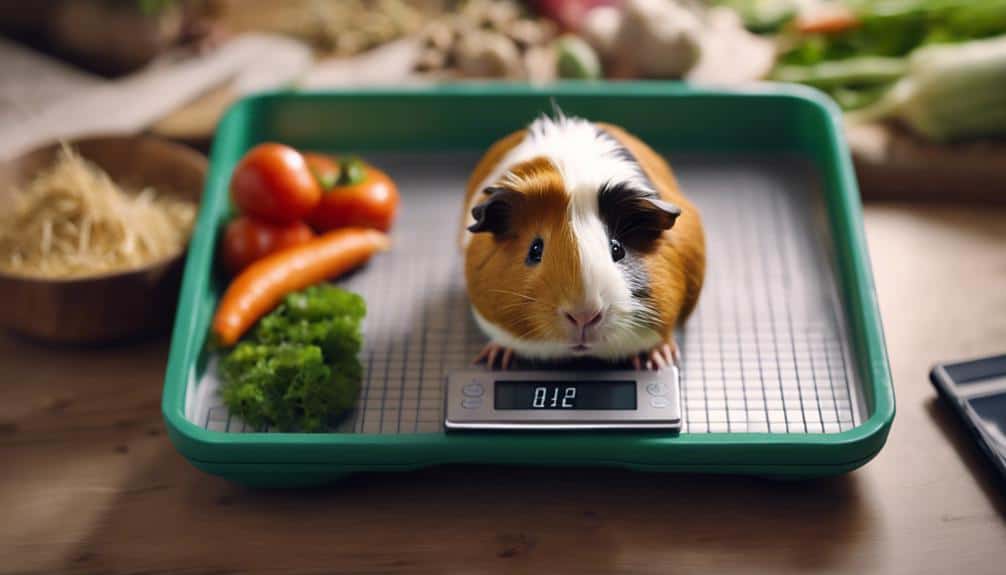
Maintaining the health of your guinea pigs involves regular monitoring of their weight to accurately track changes that may indicate potential health issues. We recommend weighing your guinea pigs weekly using a suitable scale in a safe environment. Any weight fluctuations of more than a gram should be taken seriously and addressed promptly.
To assess weight, gently feel your guinea pig’s spine and ribs. If you can’t feel them, your guinea pig may be overweight; if the spine and ribs are pronounced, they may be underweight. Guinea pigs need enough vitamin C, around 30 mg per day, to stay healthy.
If you notice any signs of weight loss or gain beyond normal fluctuations, it’s important to seek veterinary attention promptly. By staying vigilant and proactive in monitoring your guinea pigs’ weight and overall health, you can help them stay big and healthy.
Conclusion
To sum up, by following these simple steps, your guinea pigs will become absolute giants of health and vitality!
With the right nutrition, environment, exercise, and mental stimulation, your furry friends will thrive and reach their best size and weight.
Remember to monitor their progress and make adjustments as needed to make sure they stay big and healthy for years to come.
Your guinea pigs will thank you for it with their boundless energy and happiness!

